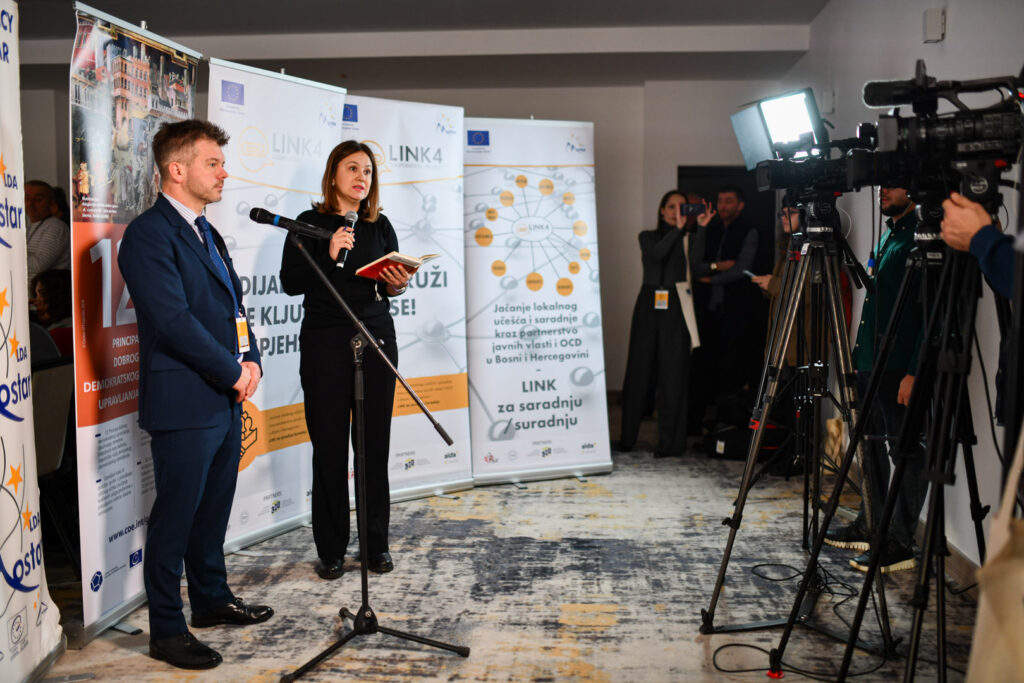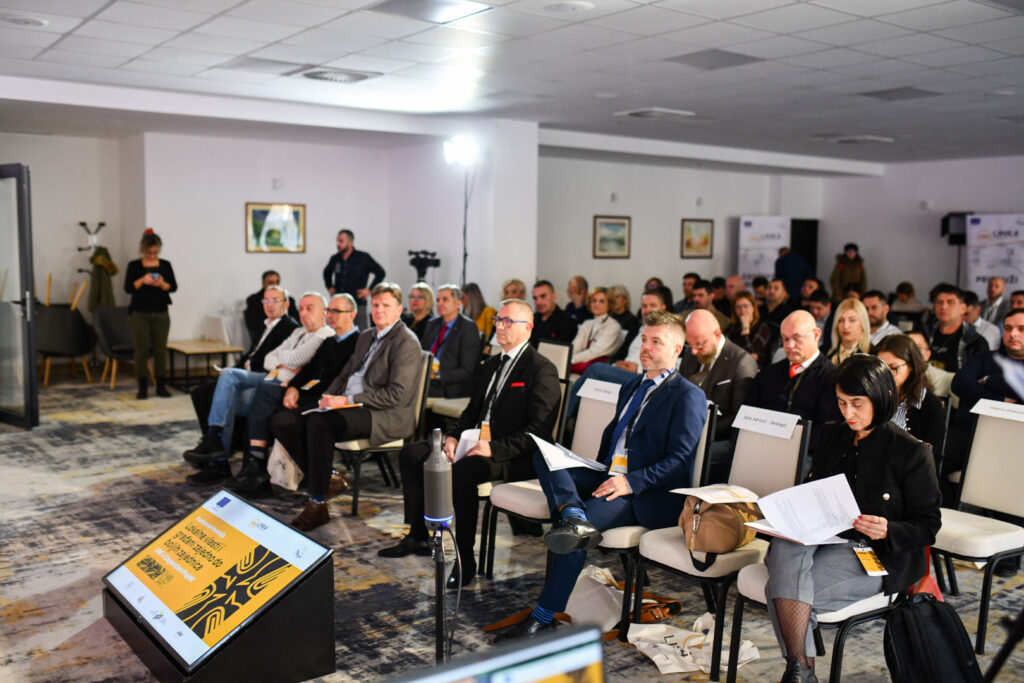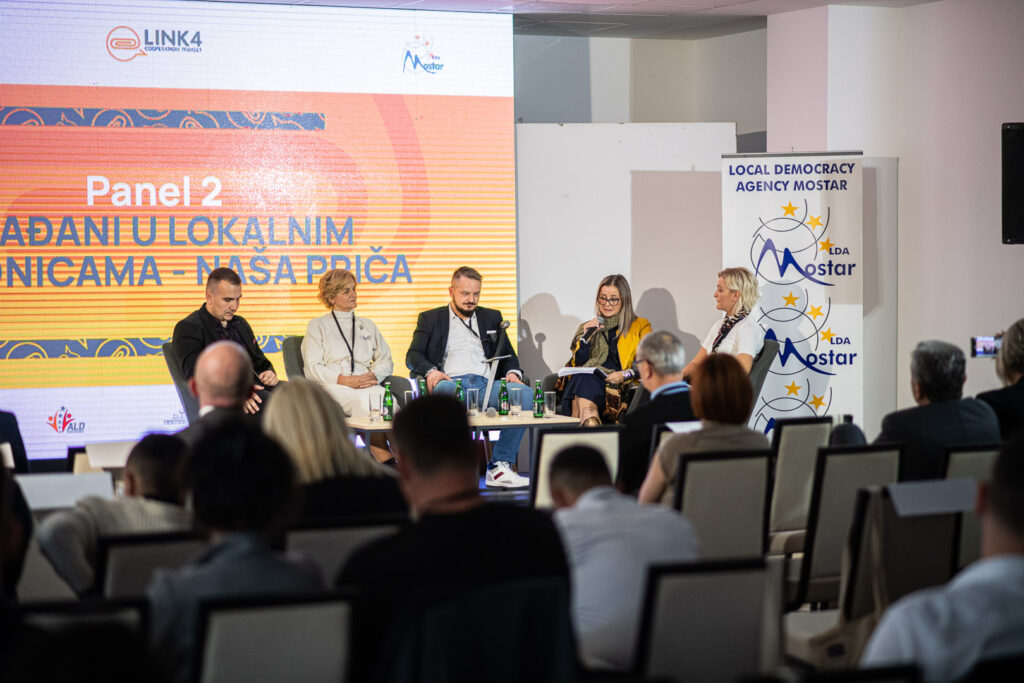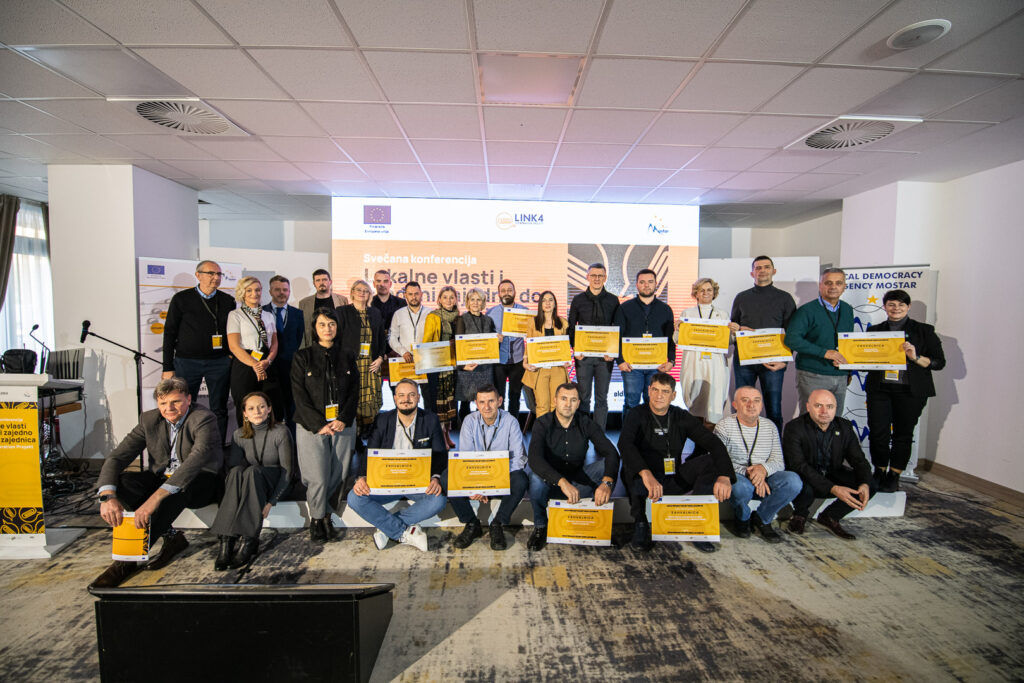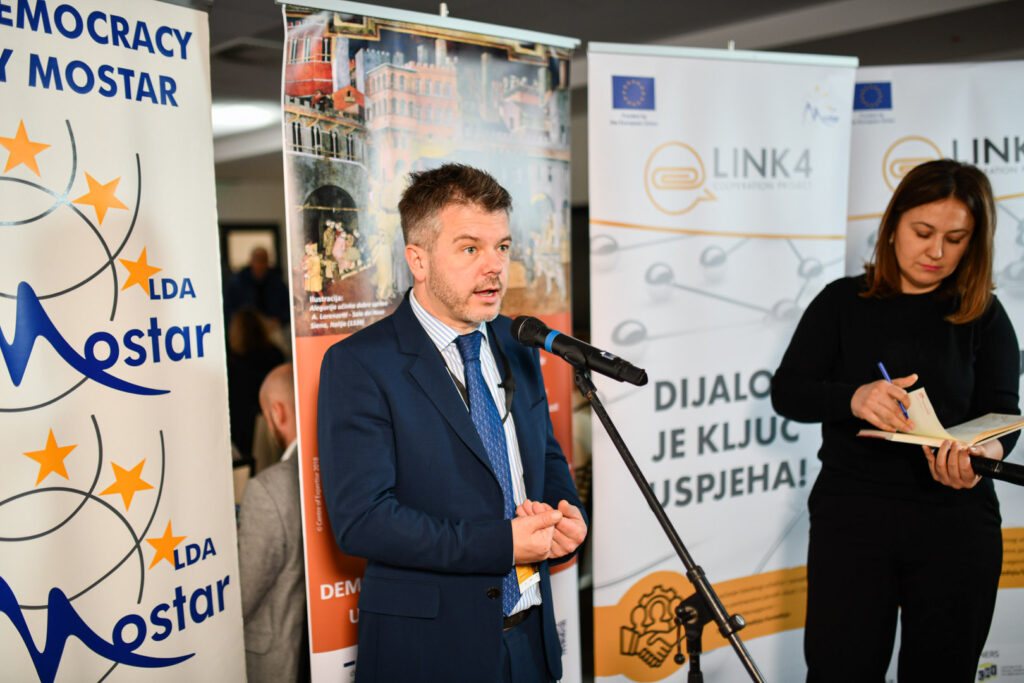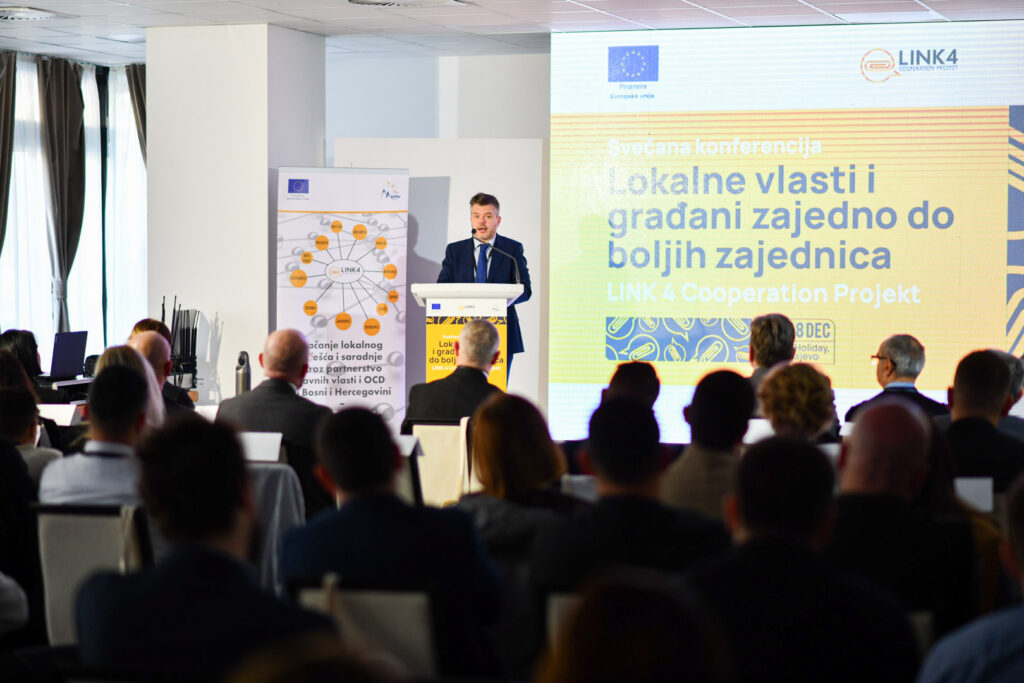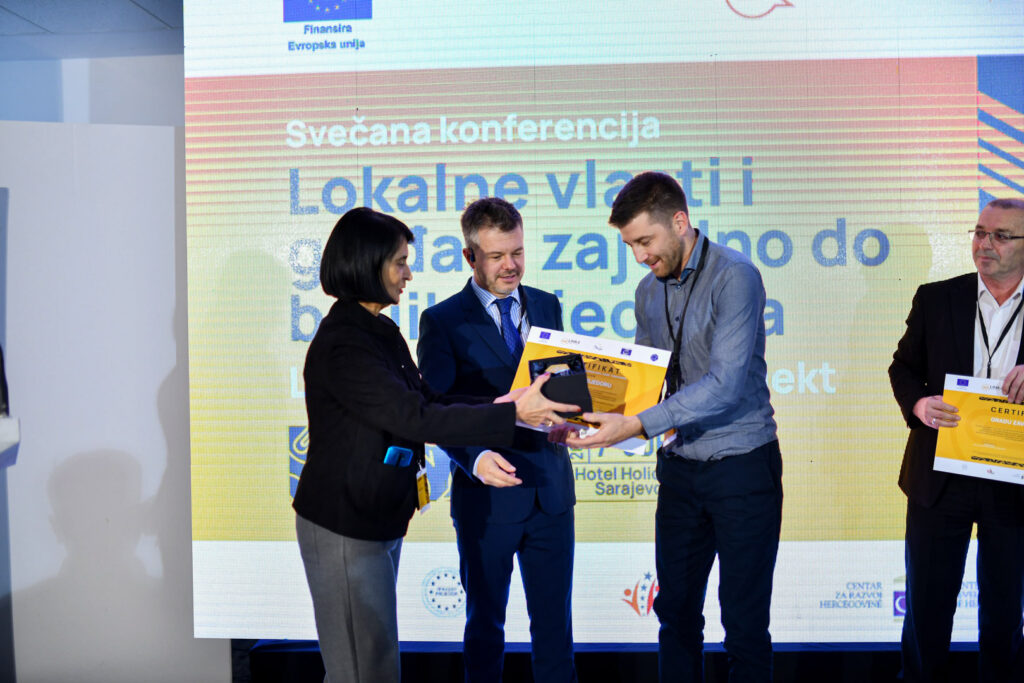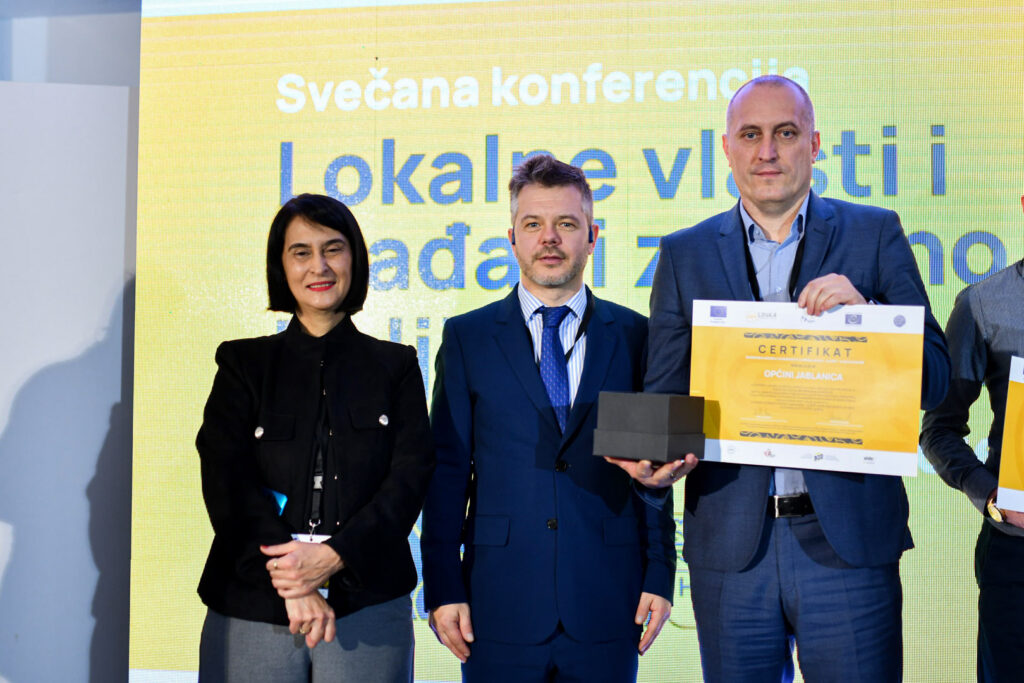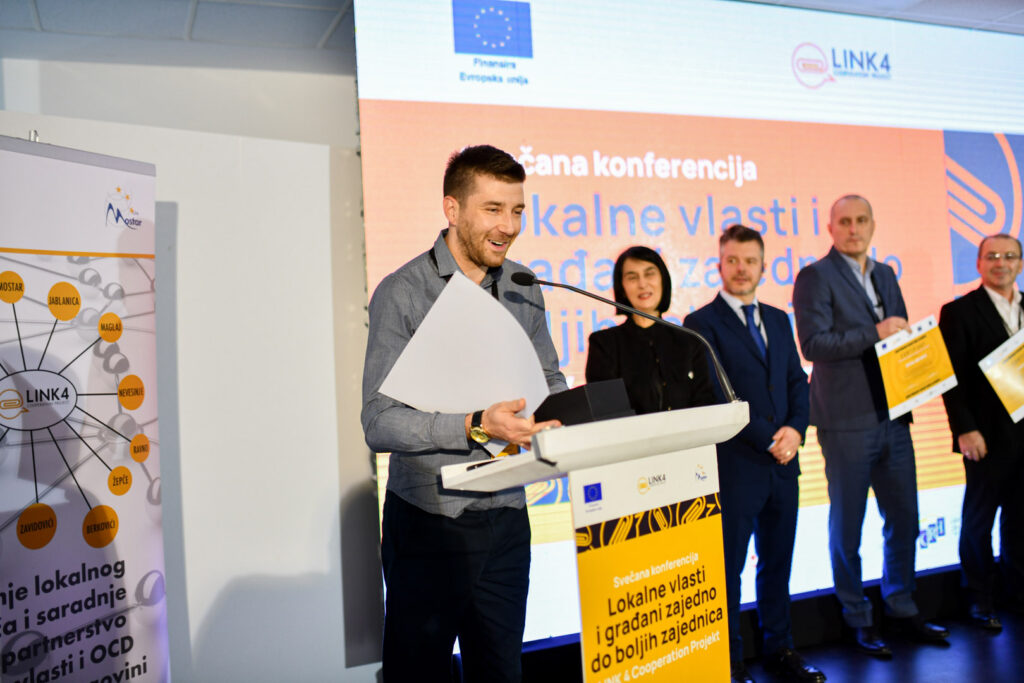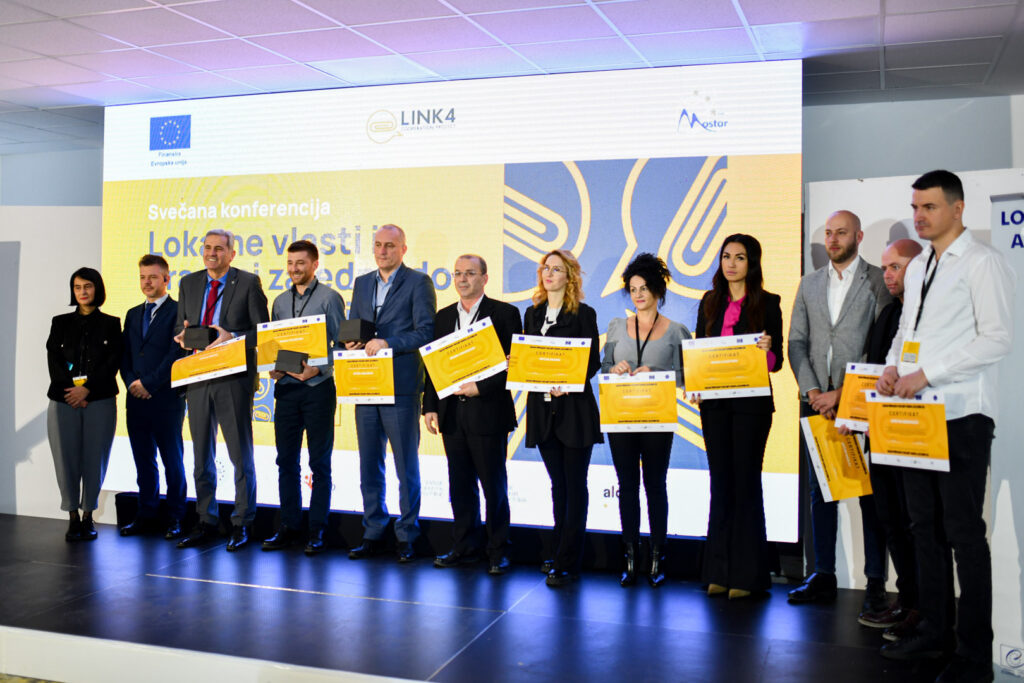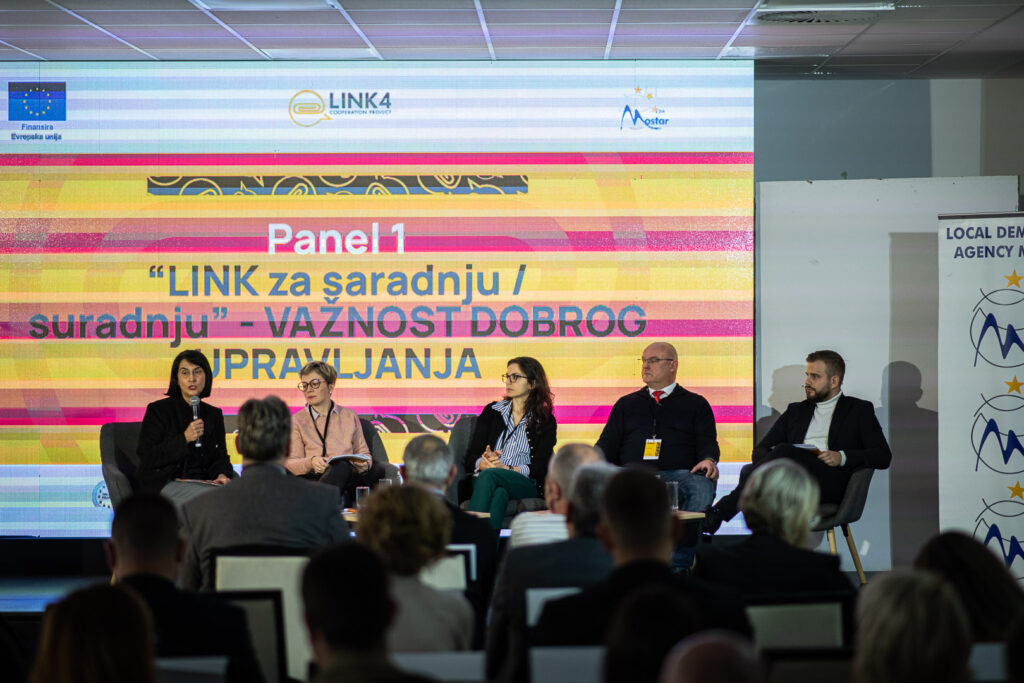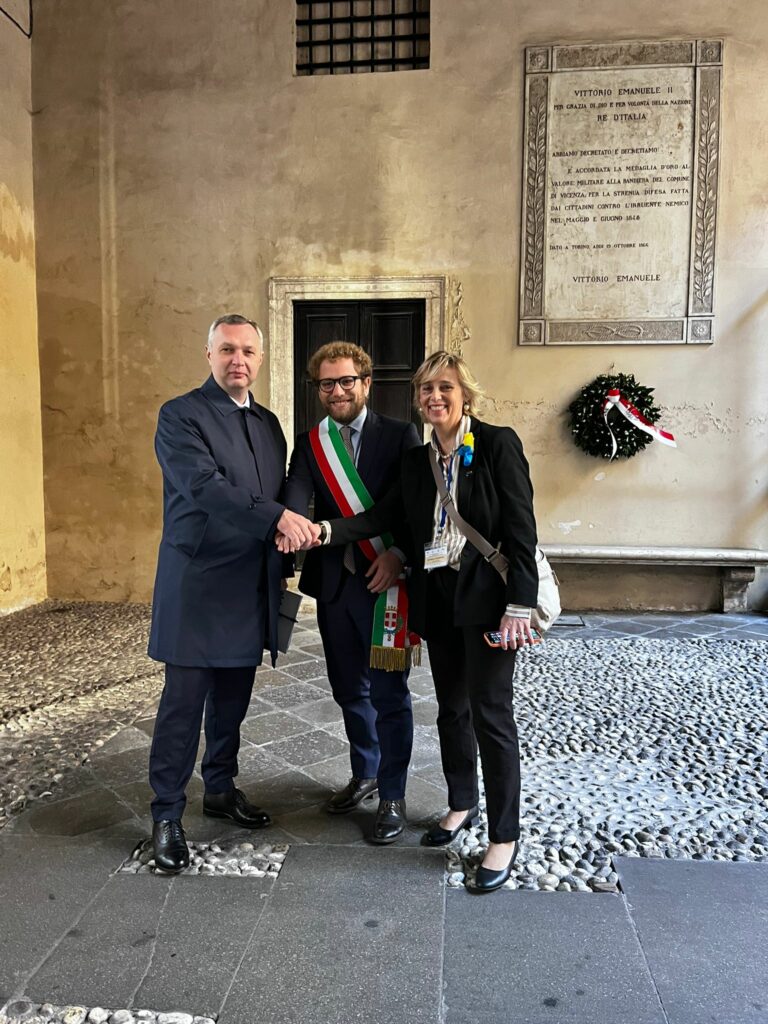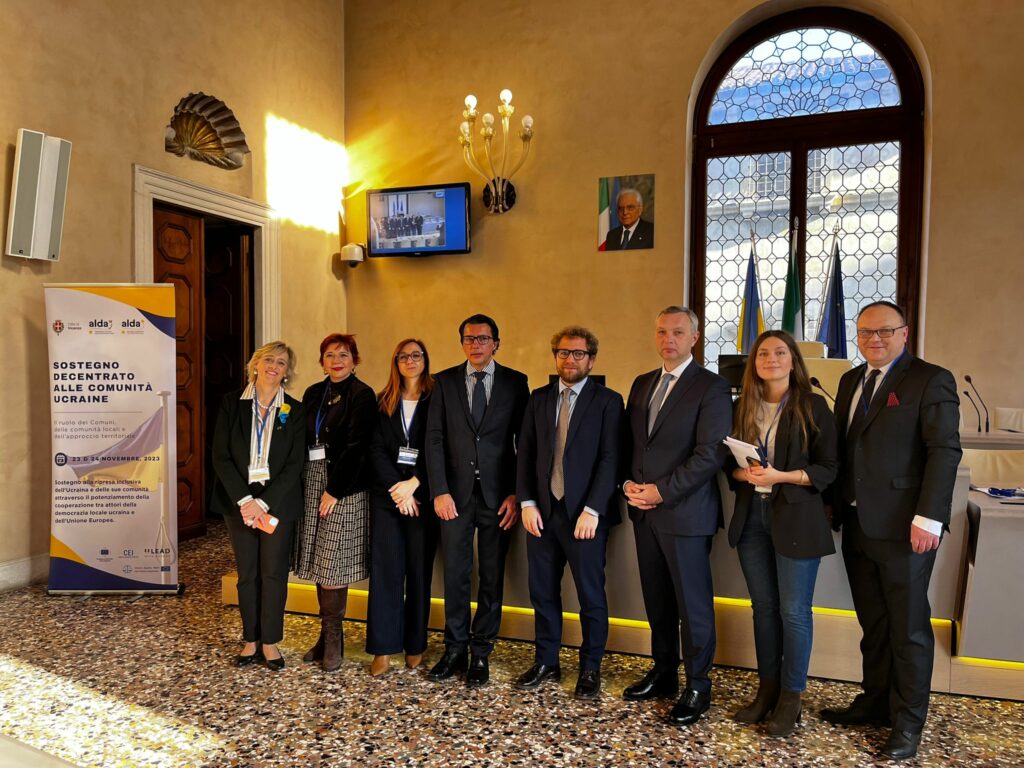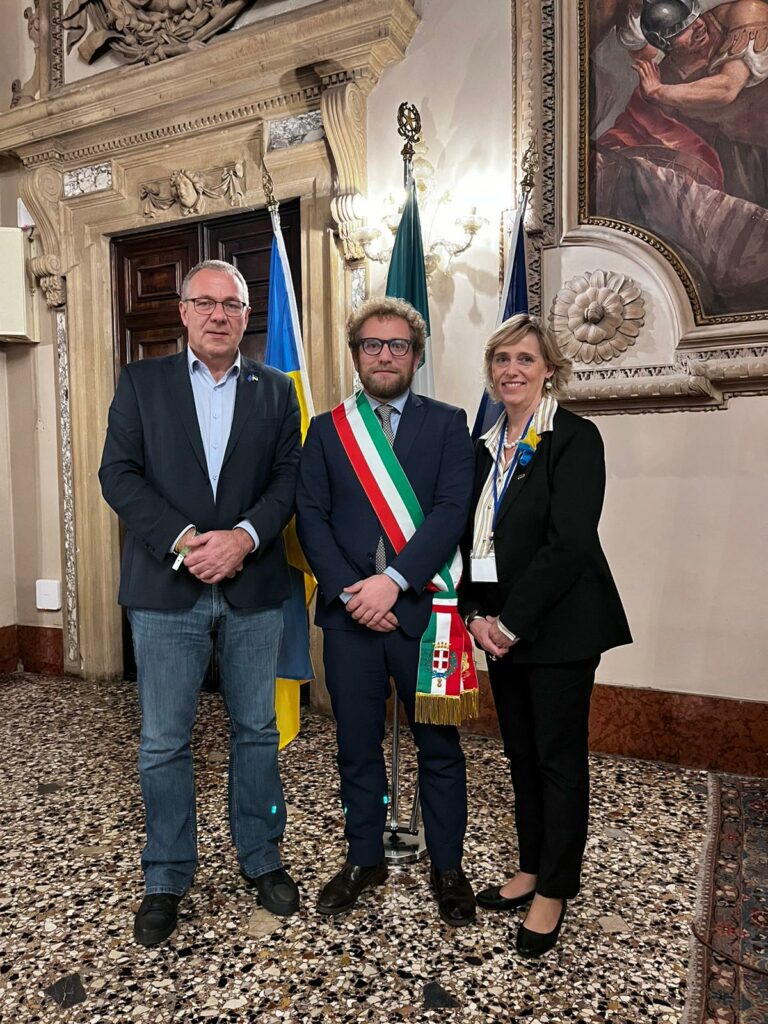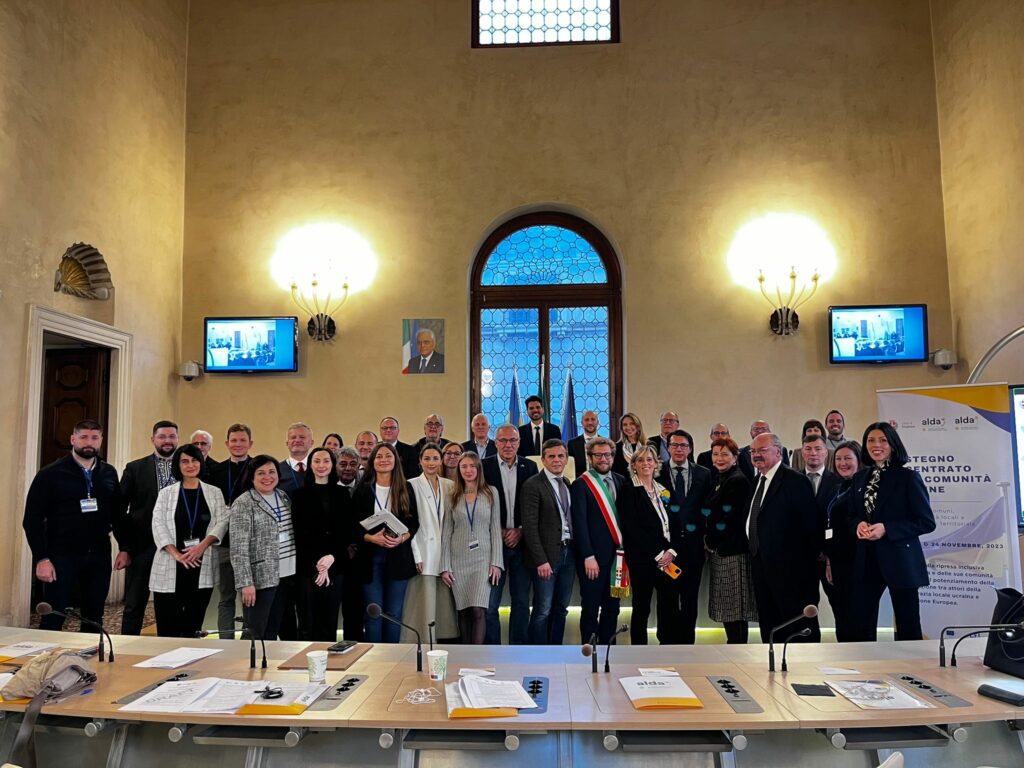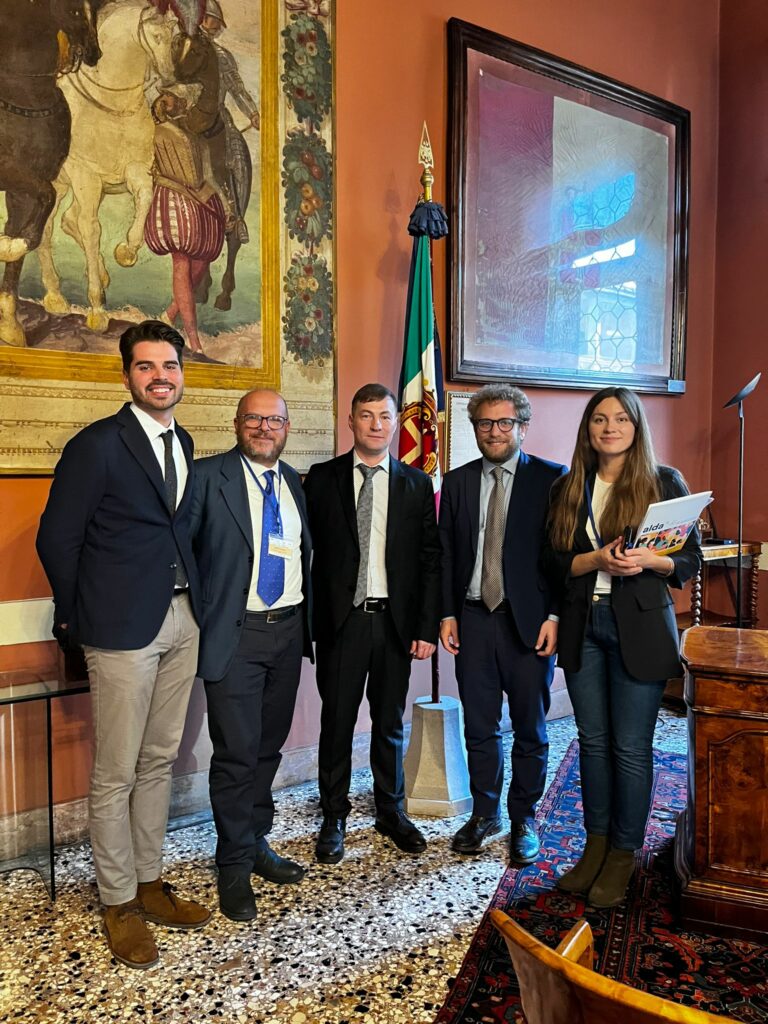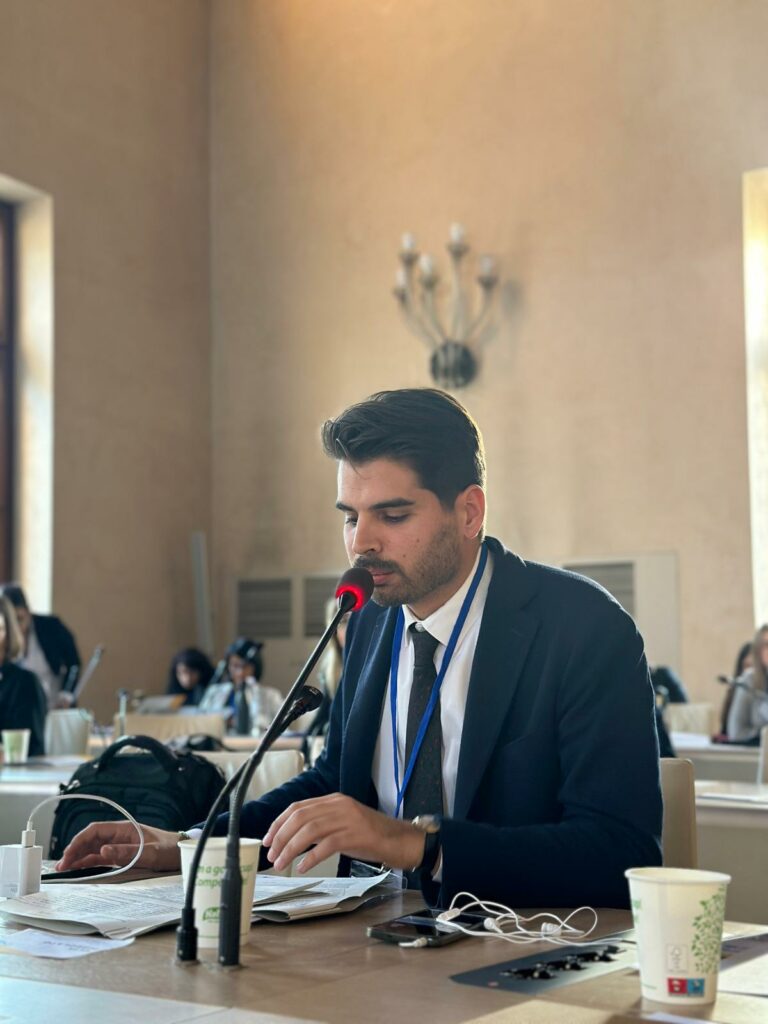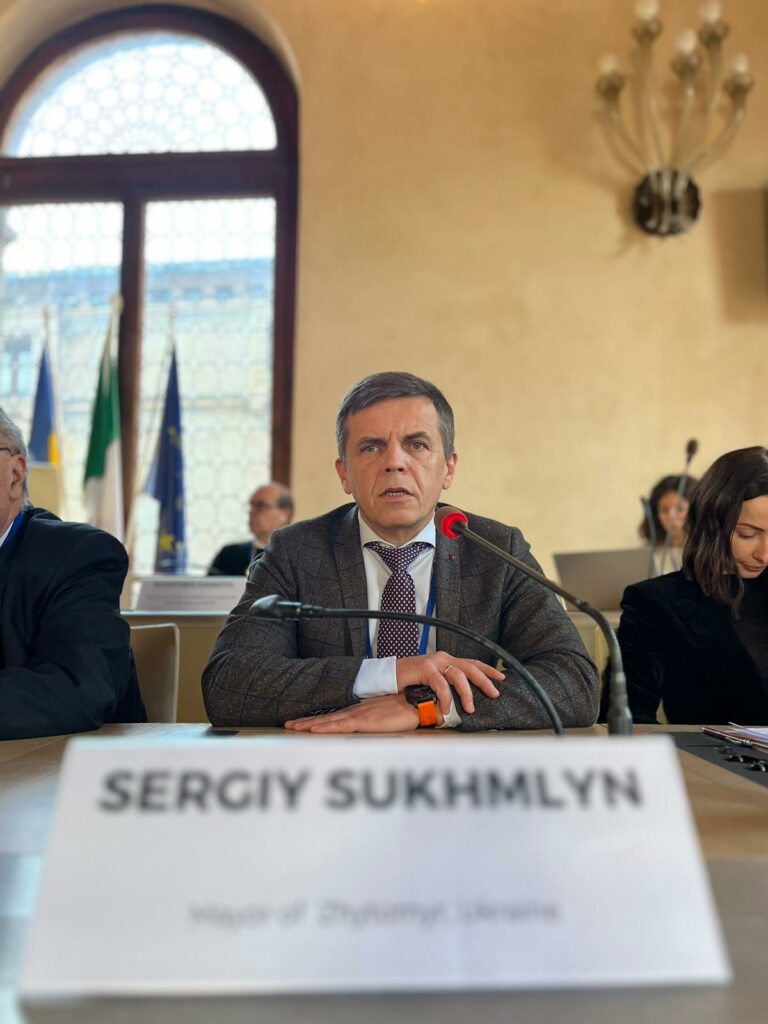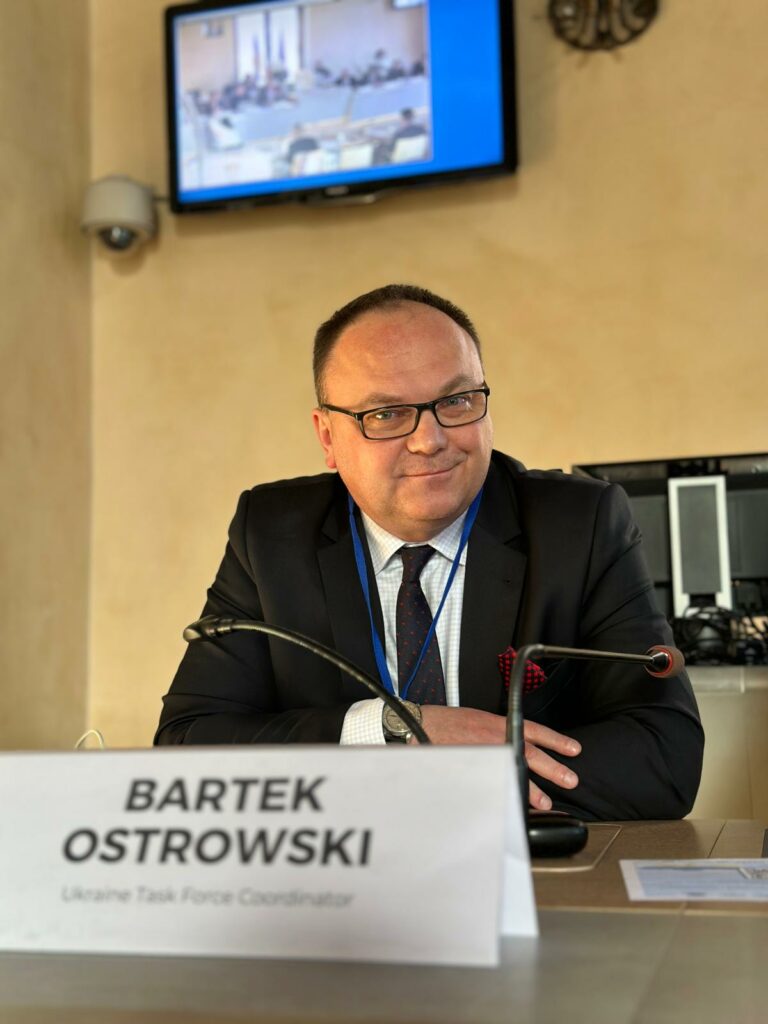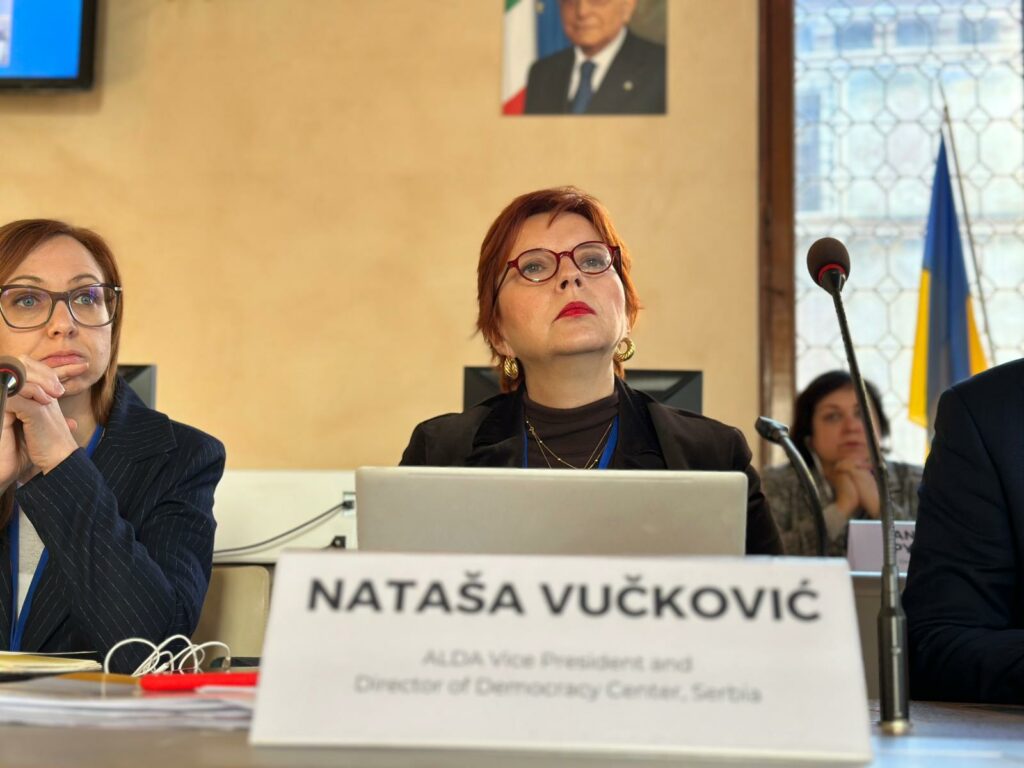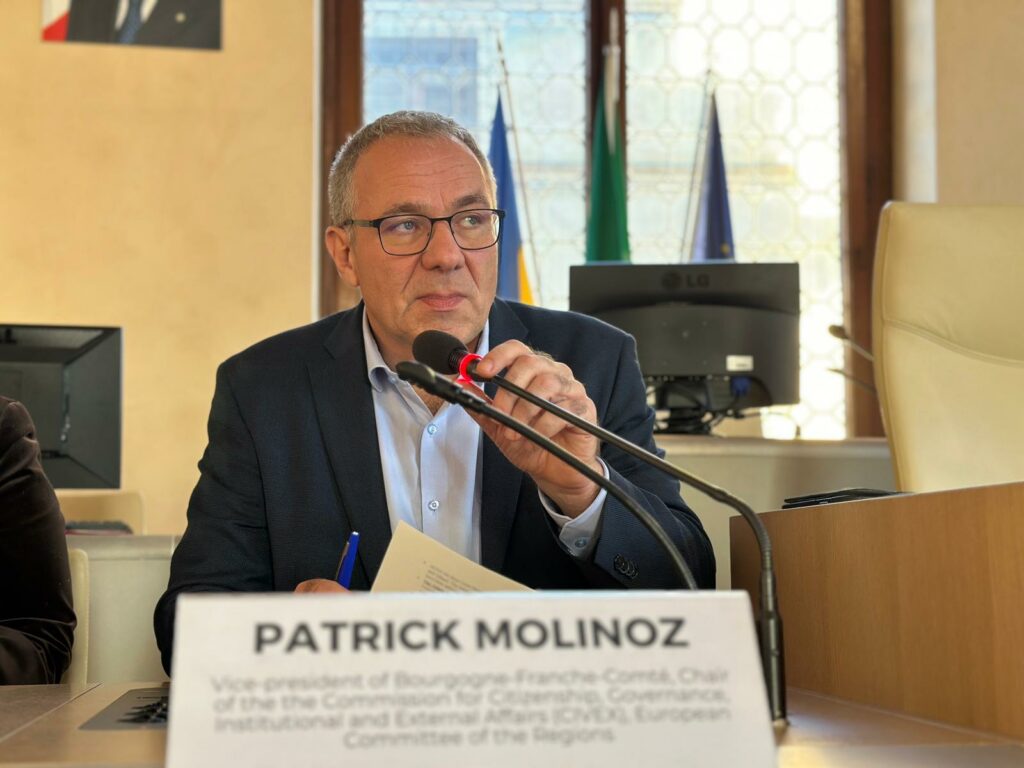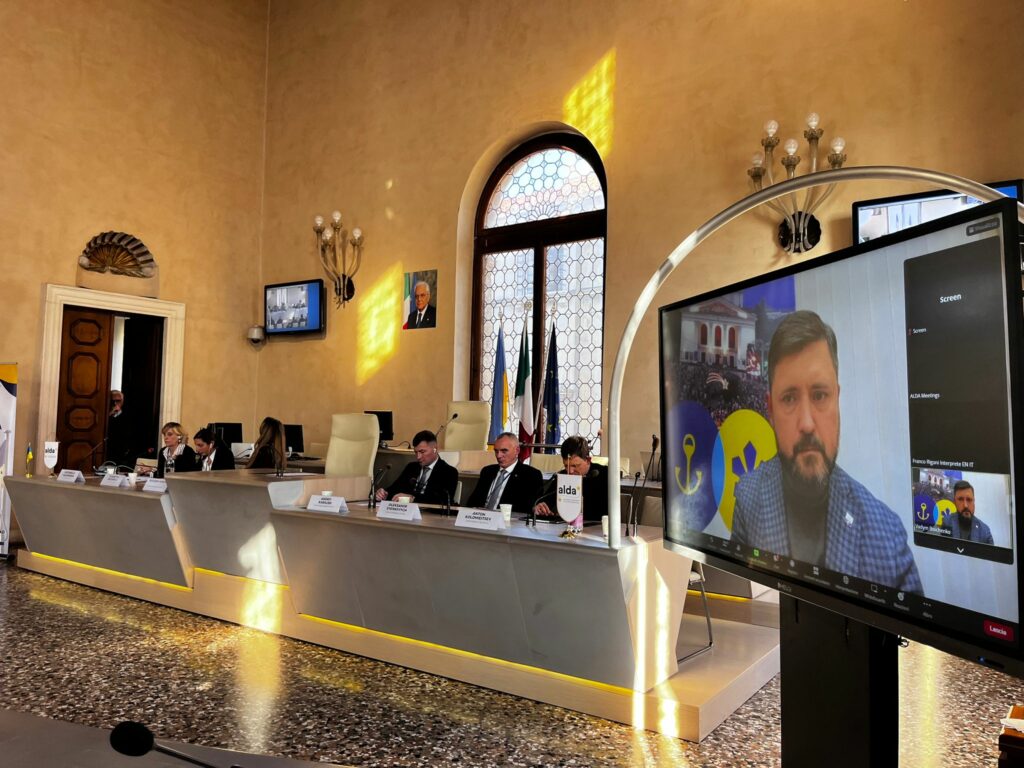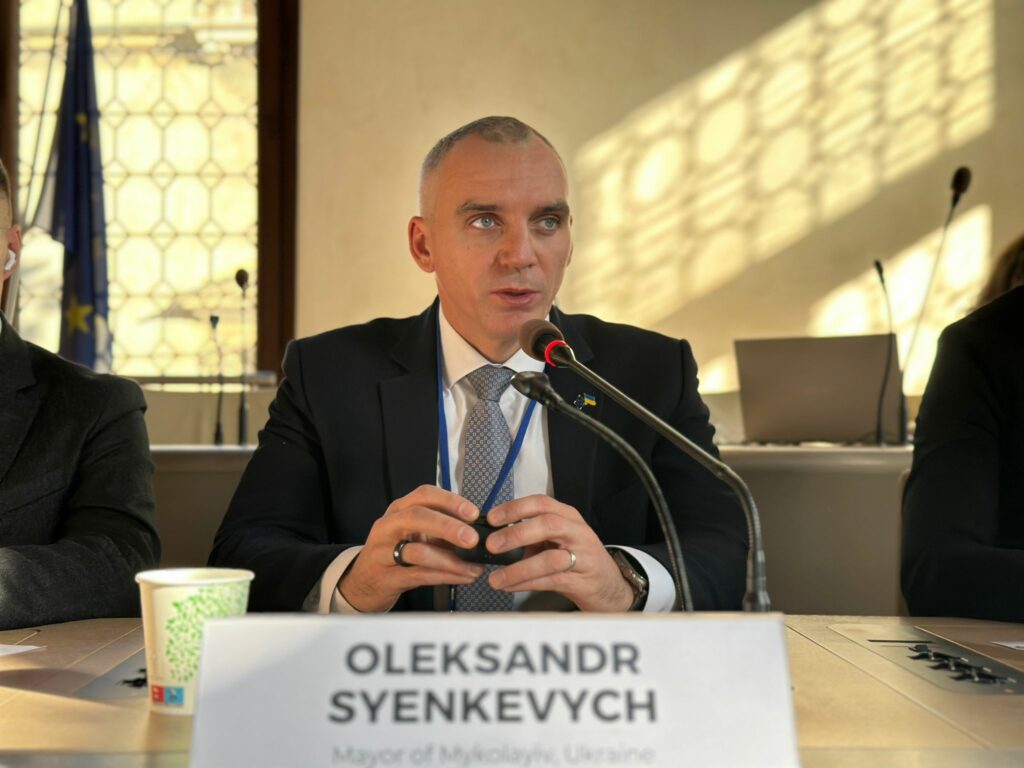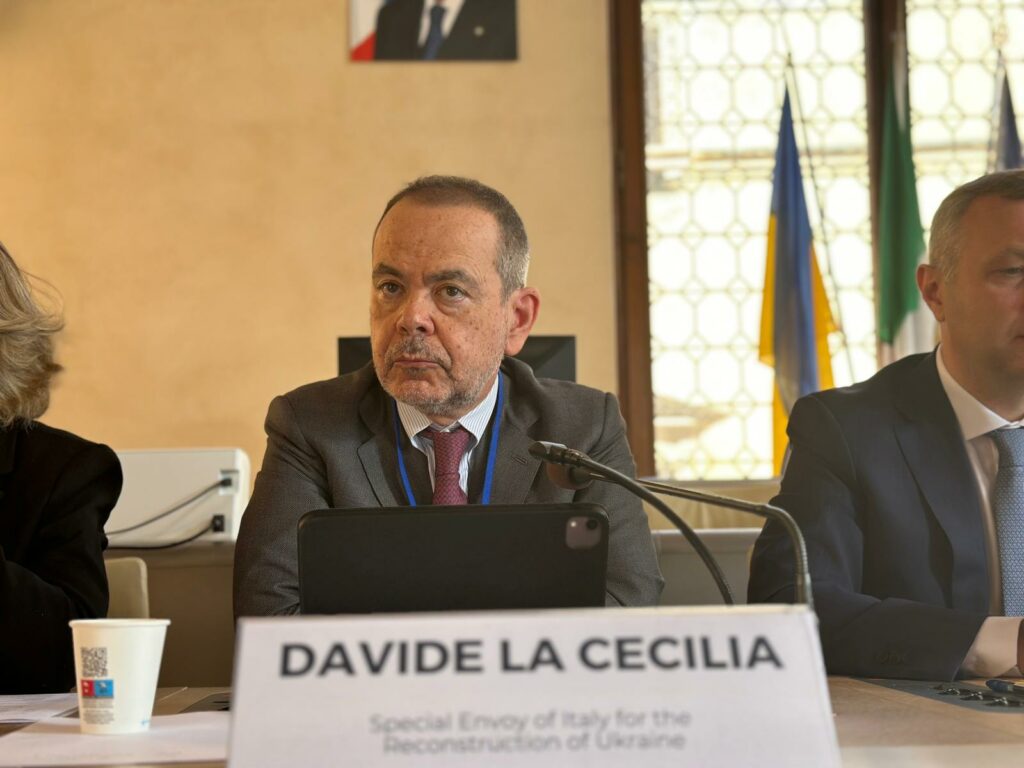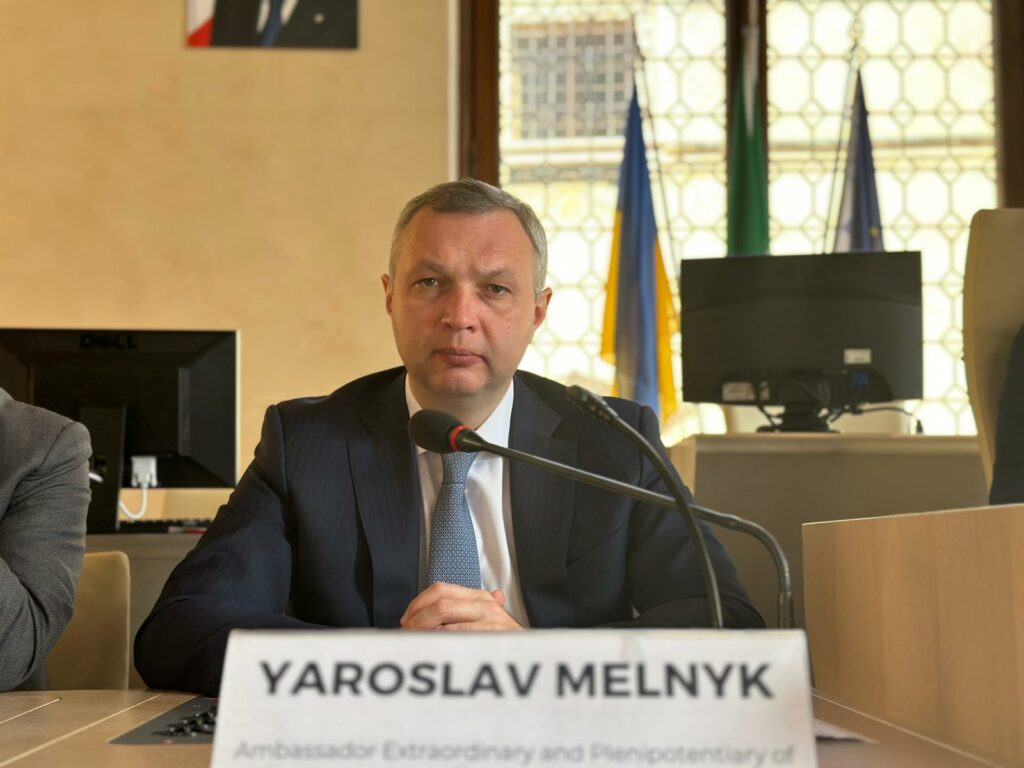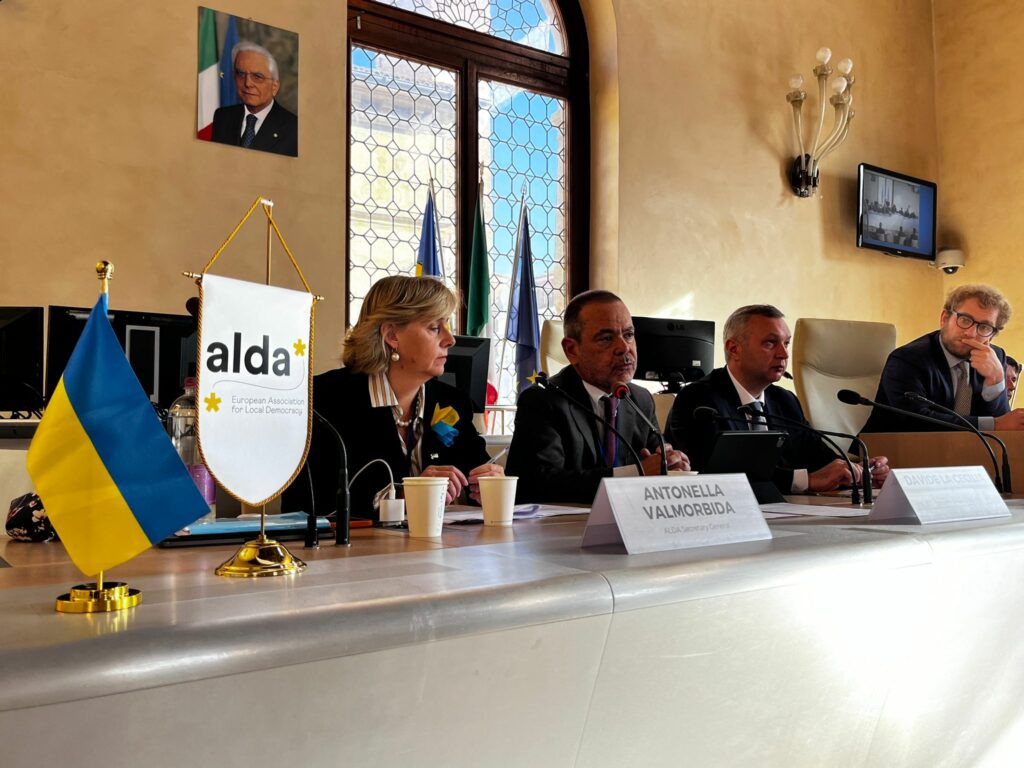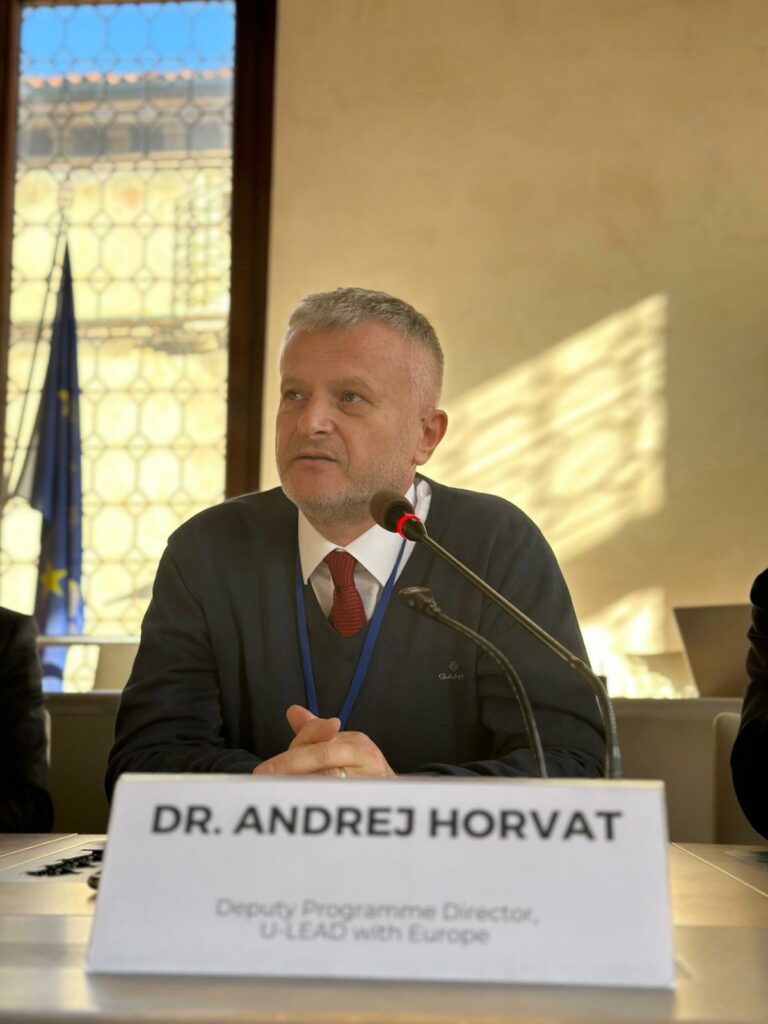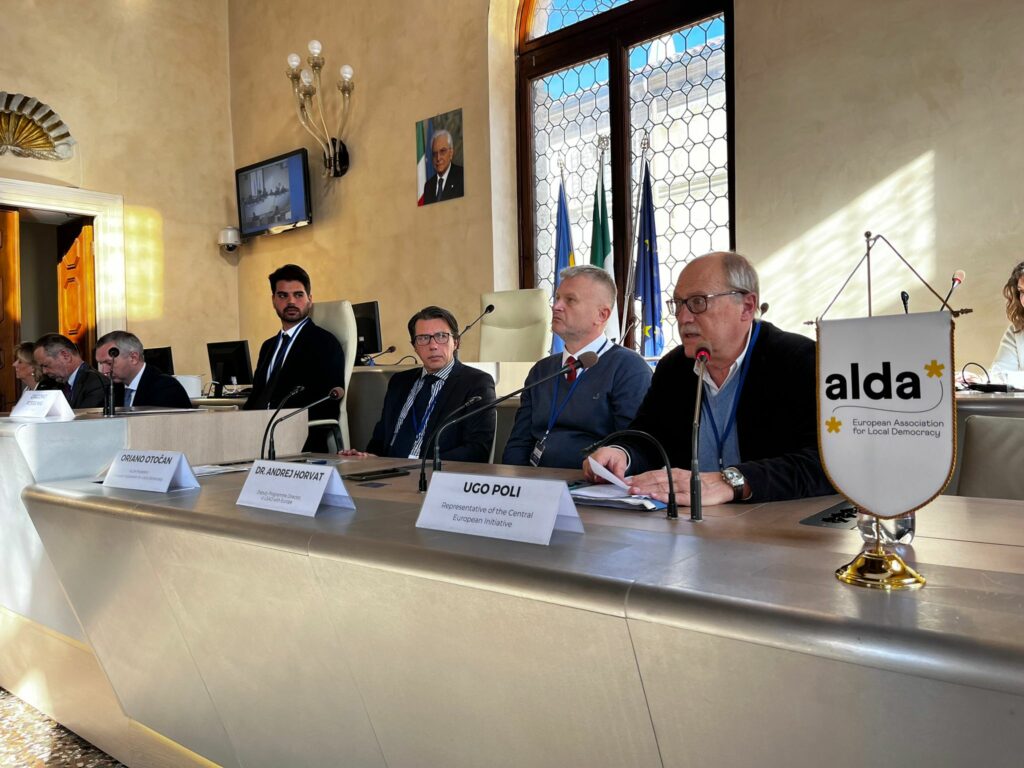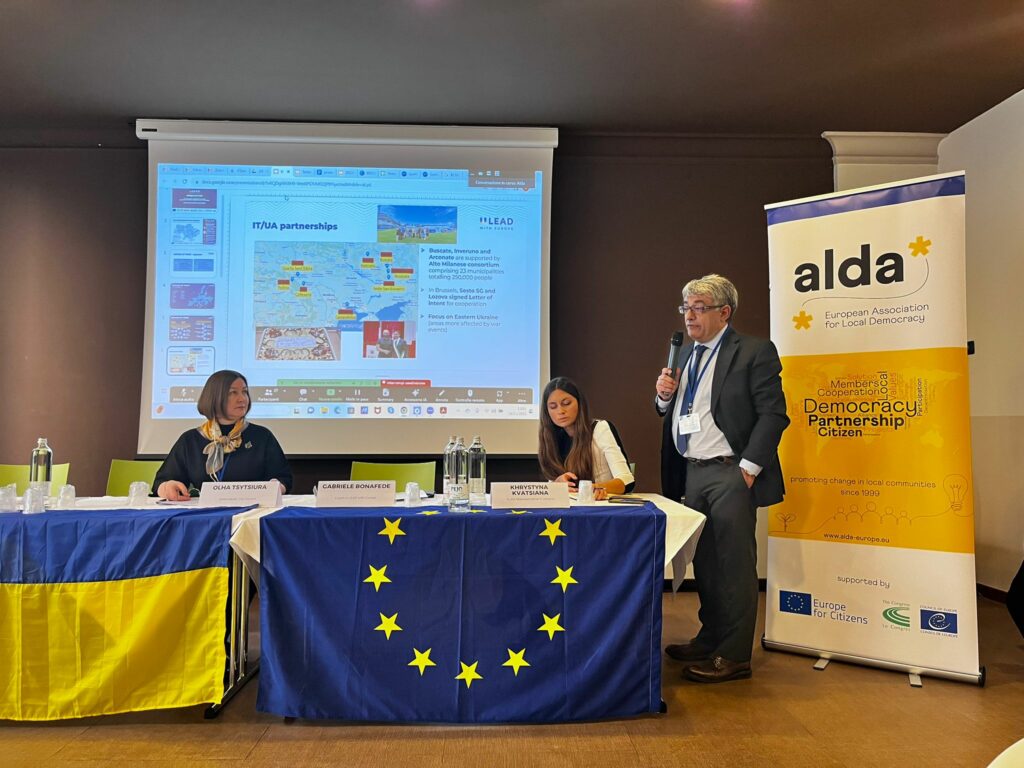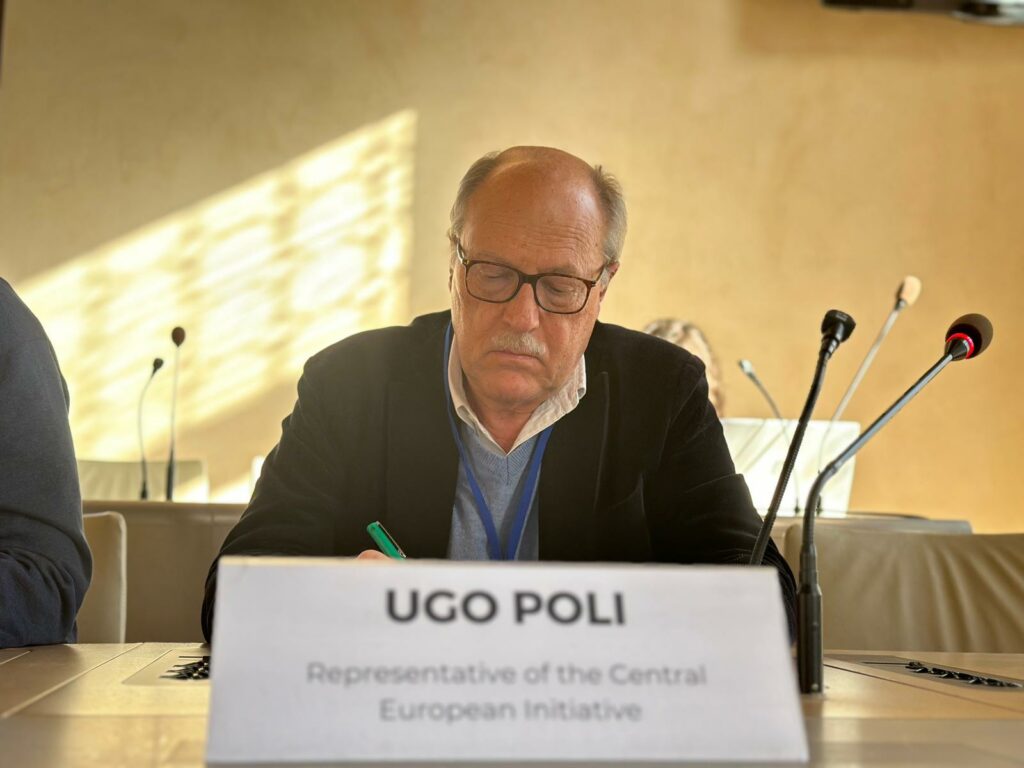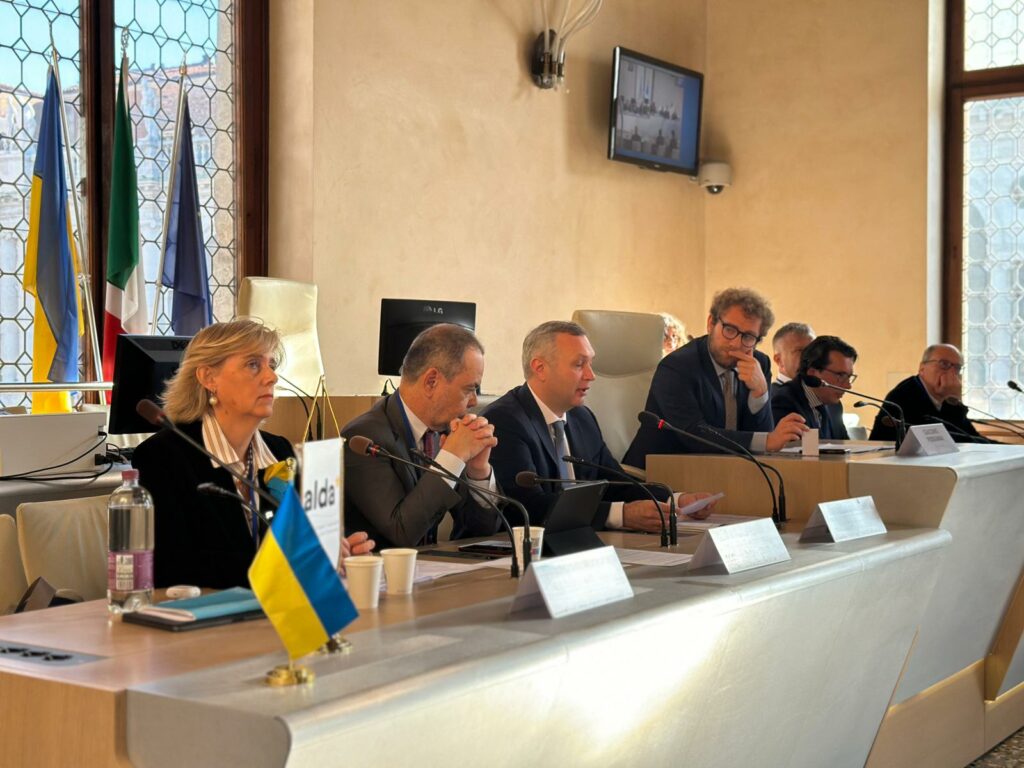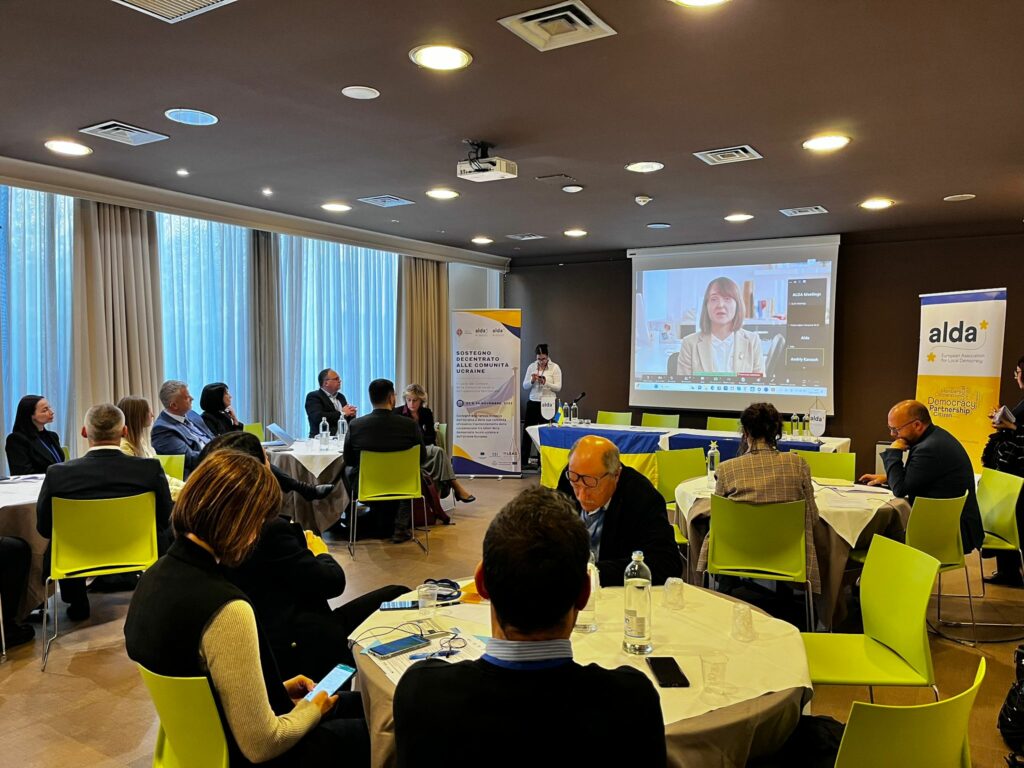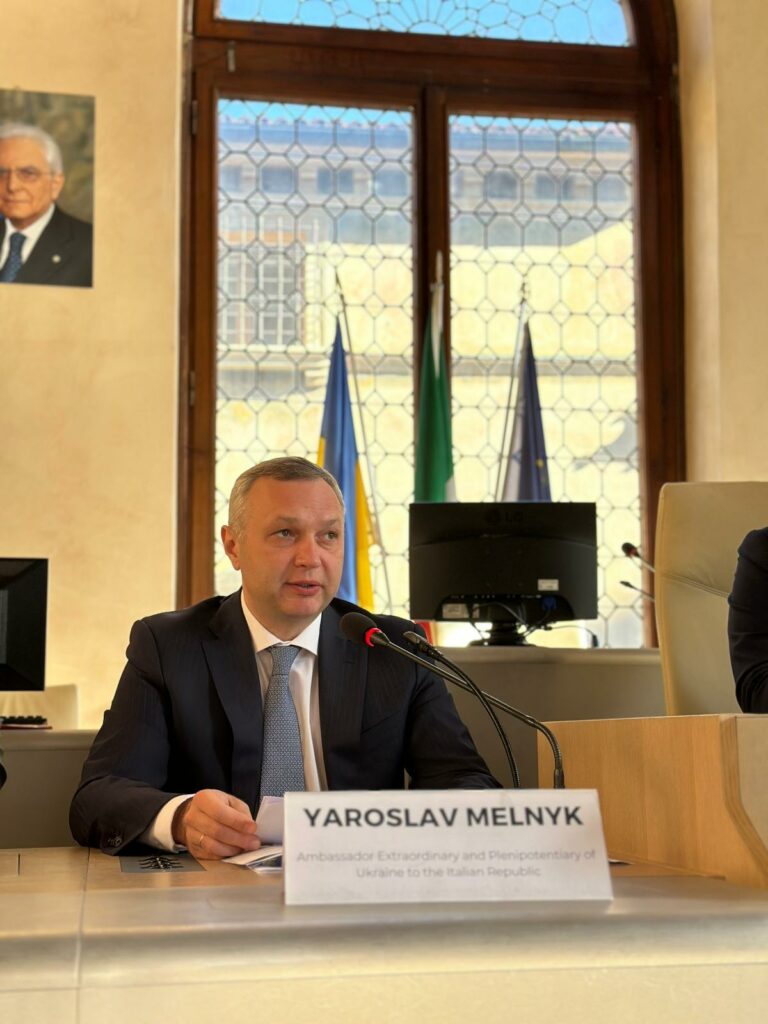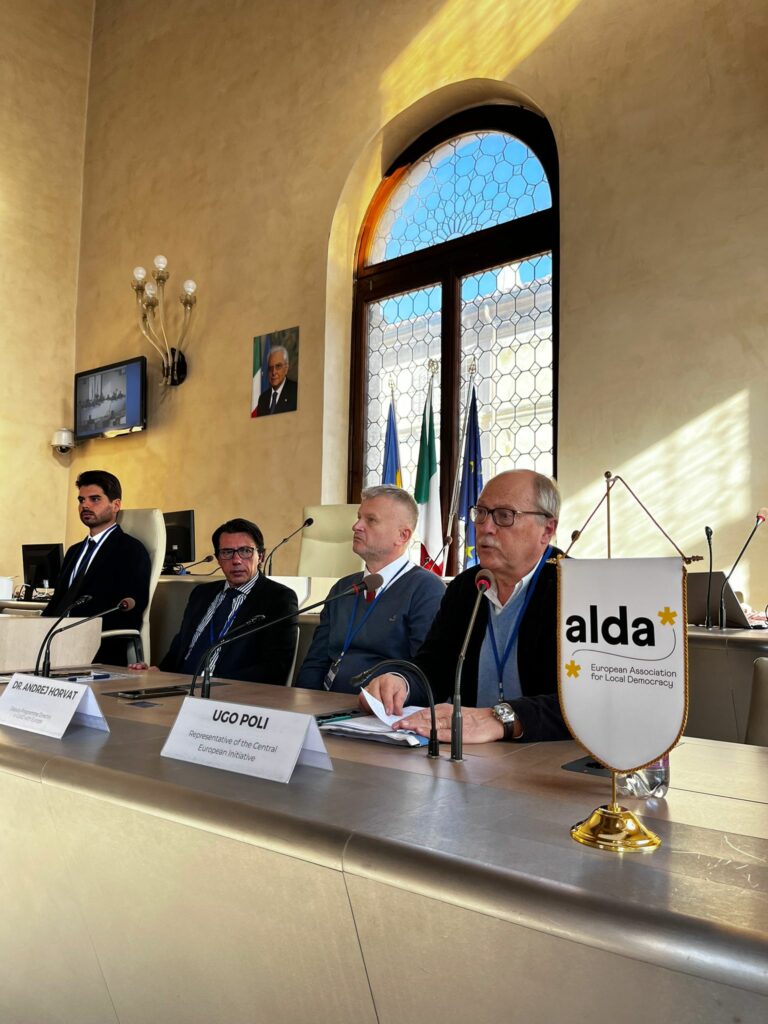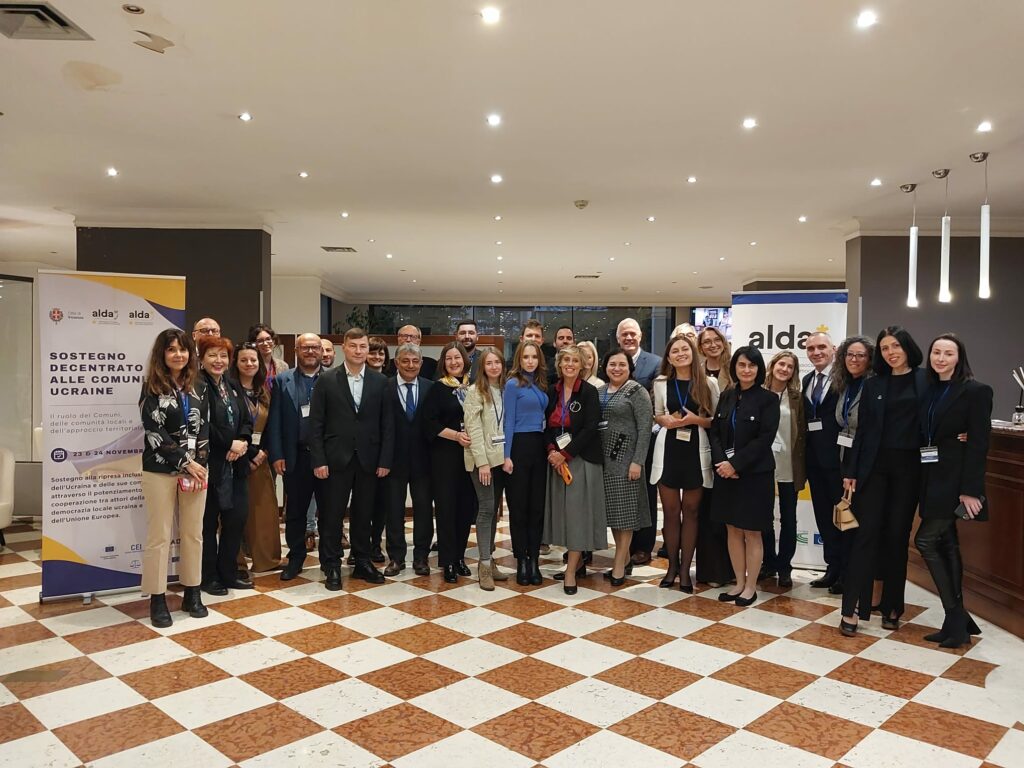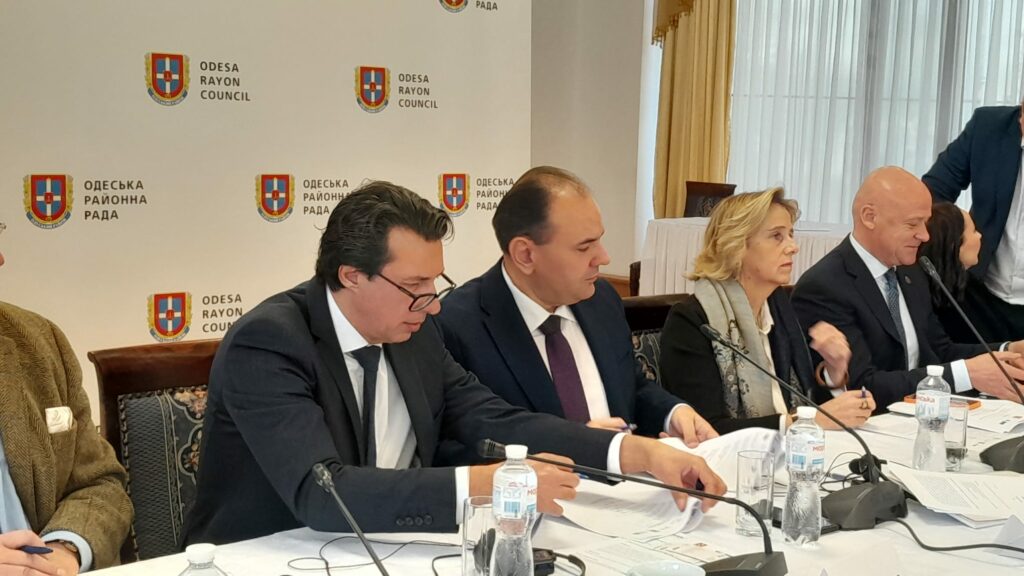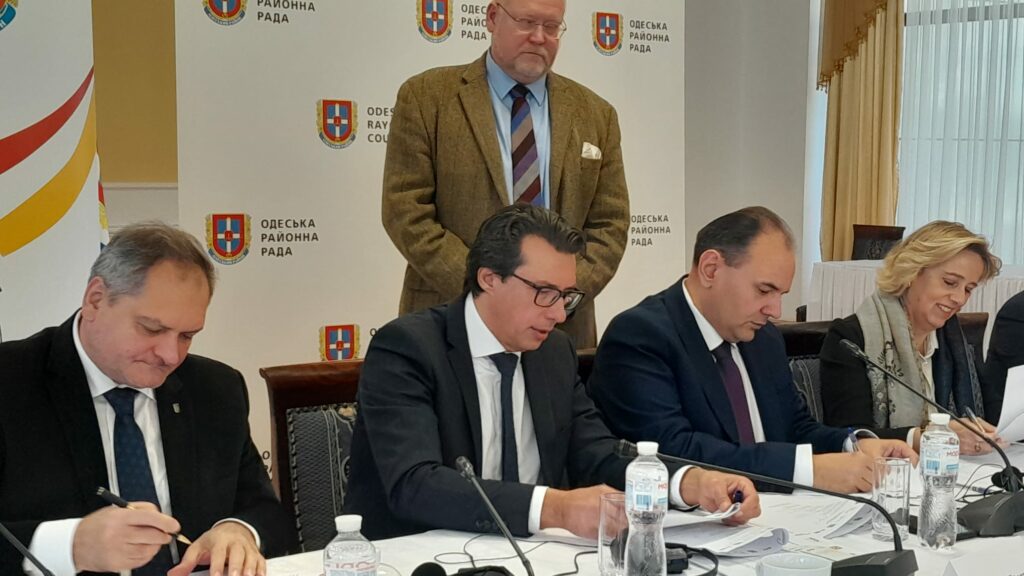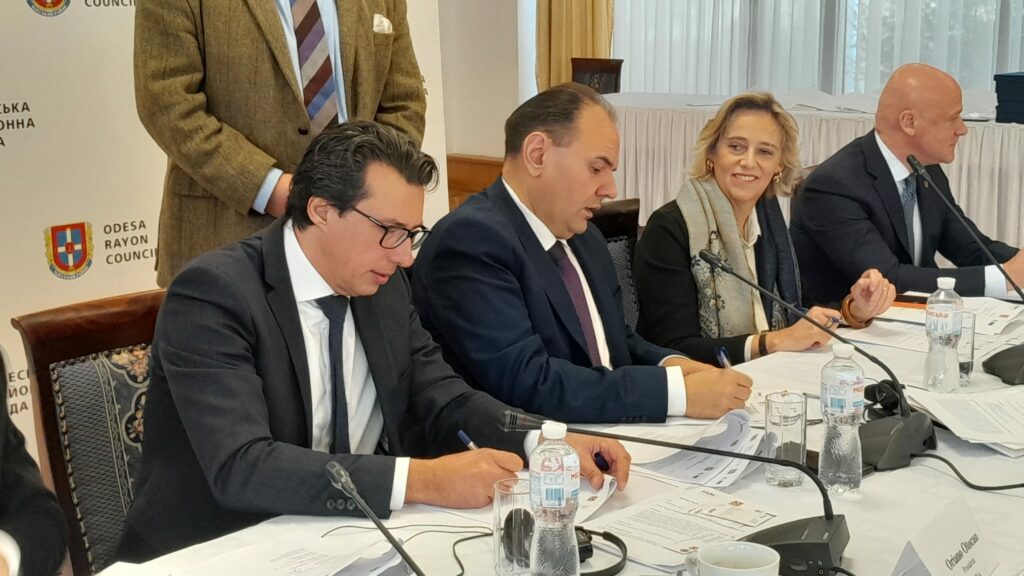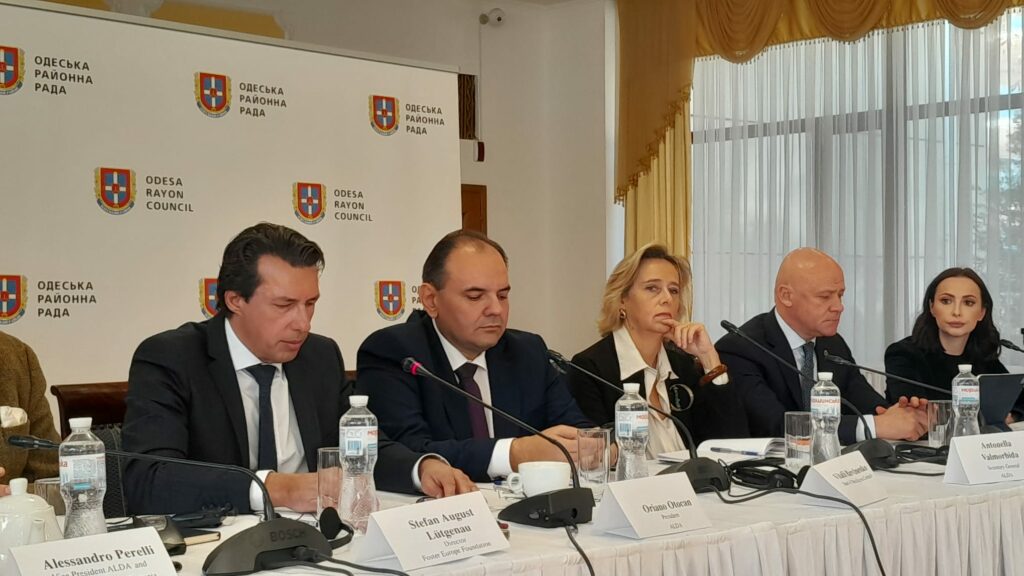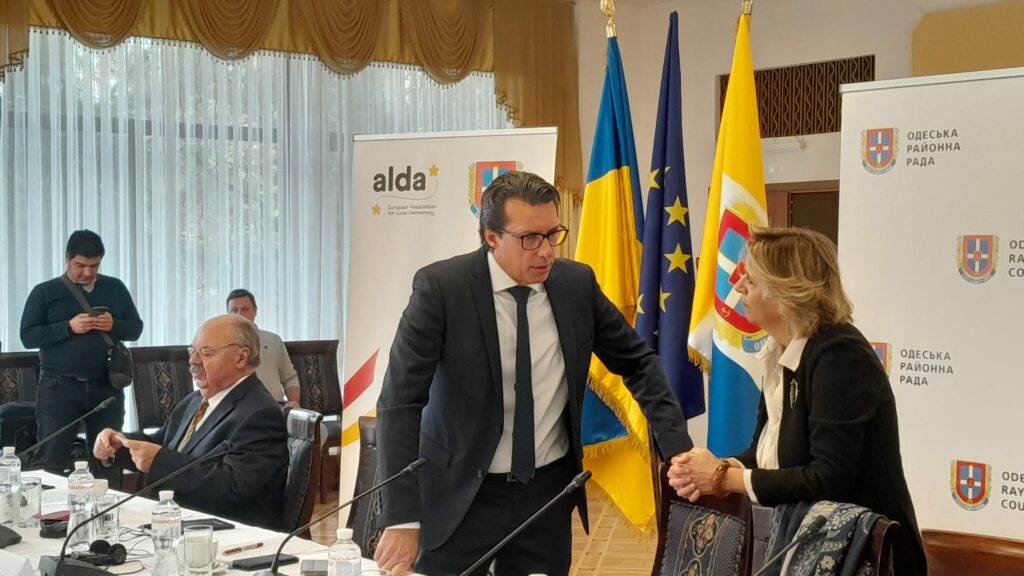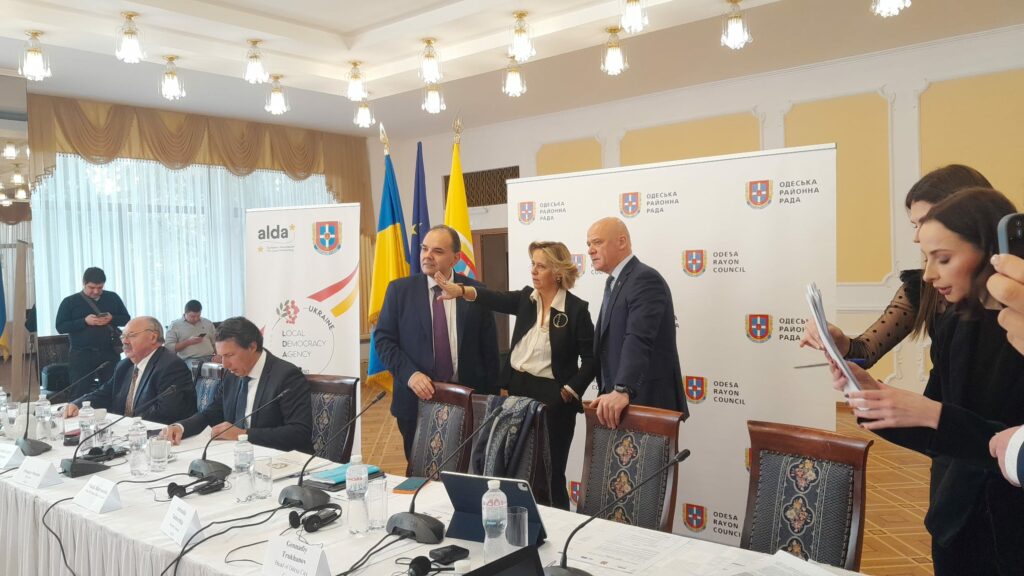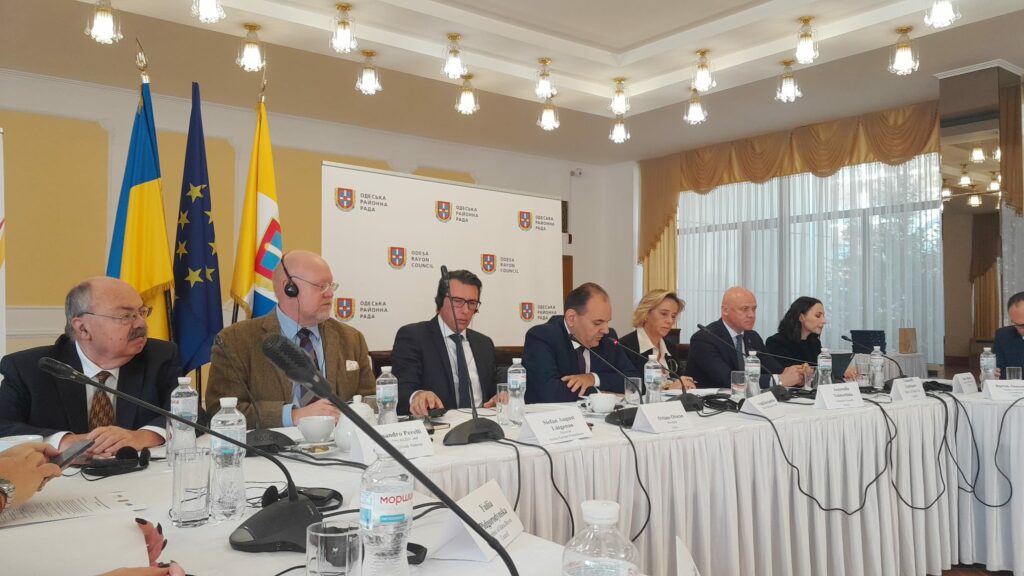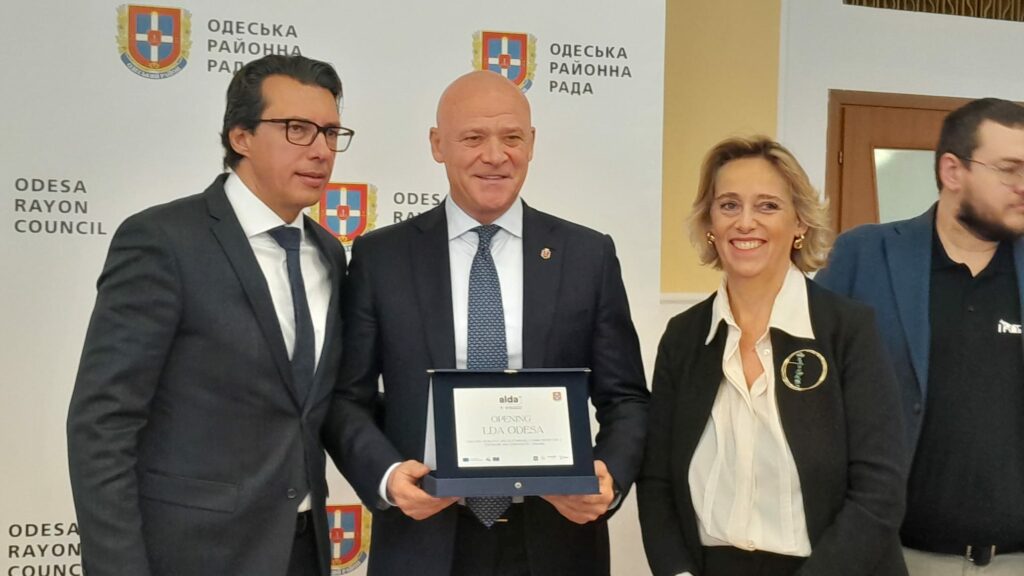At the concluding conference titled “Local Government and Citizens Together for Better Communities” held in Sarajevo (Bosnia and Herzegovina) on December 8, 2023, Bosnia and Herzegovina showcased its efforts in empowering local communities. In a significant stride toward European Union (EU) integration, this conference marked a noteworthy advancement. The event presented endeavours and outcomes aimed at fortifying local communities, fostering transparency, and improving citizens’ quality of life, aligning Bosnia and Herzegovina with EU standards on its integration journey.
The conference occurred within the framework of the project “Strengthening Local Participation and Cooperation through the Partnership of Local Government and Civil Society Organisations in Bosnia and Herzegovina – LINK for Cooperation,” funded by the EU.
Local governments reflecting on trust building as a priority
Ajša Adrović-Bešlagić, program manager for the European Union in Bosnia and Herzegovina, opened the conference on behalf of the EU delegation in Bosnia and Herzegovina, emphasising the pivotal role of civil society organisations as bridges between citizens and authorities – “The stronger the cooperation between civil society and authorities, the better the results. Twelve municipalities across Bosnia and Herzegovina benefited from this project, and the European Union will continue to support local communities to improve local services and the quality of life for citizens. Building trust should be a priority.” – she stated.
The conference attracted more than 80 participants, including representatives from local authorities, civil society organisations, donors, state institutions, non-governmental organisations, and the international community. The goal was to underscore the significance of strengthening the capacities of local authorities and CSOs as key players in fostering participatory democratic processes.
Awards for Excellence in Good Governance
A highlight of the conference was the presentation of the European Label of Excellence in Governance (ELoGE) by the Council of Europe to local self-government units that successfully completed the ELoGE program. Notably, the Municipality of Jablanica, the City of Prijedor, and the Municipality of Žepče received this prestigious European Label for Excellence, symbolising their commitment to good democratic governance, while others received certificates of good governance.
The awards were presented by Niall Sheerin, the Deputy Head of the Council of Europe’s Center of Expertise for Good Governance, confirming the engagement of local governments in assessing their performance against the 12 principles of good local governance, fostering awareness and reflection on democratic governance practices and policy. The mayors of the awarded municipalities expressed their gratitude, stating that the application of good management practices can help their communities achieve greater efficiency, transparency, and accountability, responding better to the needs of its citizens. “This will result in a stronger local community and a better quality of life for all citizens,” stated the mayor of the Žepče Municipality accepting the award.
Aligning with EU standards and fostering democratic and inclusive governance in Bosnia and Herzegovina
A total of 22 projects initiated by Civil Society Organisations received grants, contributing to the development of 12 local self-governments and 40 civil society organisations.
The conference introduced the tool for citizens’ e-participation, implemented through 12 smart benches developed and installed through the project. These benches will serve as a means of communication between citizens and local authorities. The citizens of the municipalities and communities of Berković, Jablanica, Kostajnica, Maglaj, Mostar, Nevesinje, Novi Grad, Prijedor, Ravno, Trebinje, Zavidovići, and Žepče will now have the opportunity to participate in the decision-making processes related to their local communities through new technologies.
Dženana Dedić, the project coordinator from LDA Mostar, stressed the importance of good governance and effective civic participation at the local level as essential pillars of democracy. The project’s core objective is to enhance the capacities of local self-governments and civil society organisations across Bosnia and Herzegovina. This approach emphasises the mandatory involvement of citizens in decision-making processes, a vital element in the country’s progression towards EU membership.
This three-year project, dedicated to strengthening local democracy and promoting better local governance, is led by LDA Mostar in cooperation with LDA Zavidovići, LDA Prijedor, the Center for the Development of Herzegovina (CRH) Trebinje, ALDA, and ALDA Skopje as an associated partner. The project is financed by the EU.
